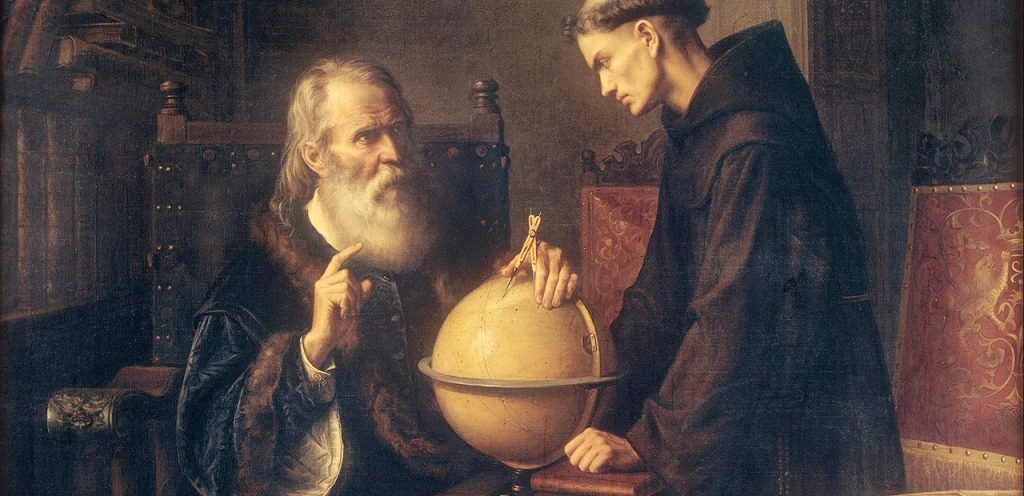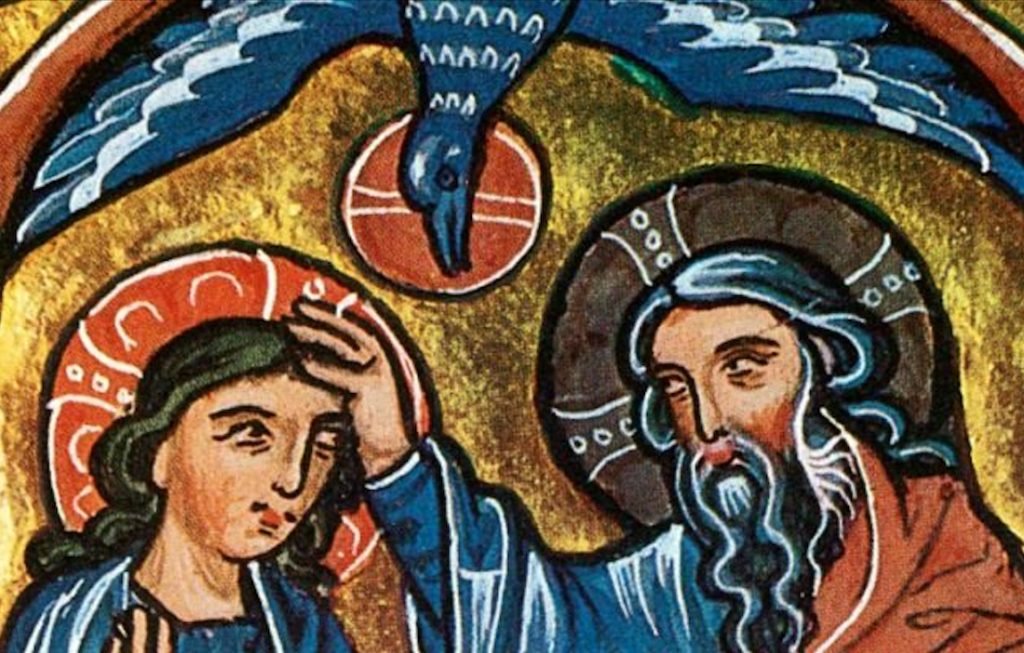The binary thinking of the Christianity …
“Kill them all, God will recognize His own.” Few historical sayings have had such lasting success as this one. Generally used to summarize the spirit of the crusade against the Albigensians, it appears in all the indictments against intolerance and fanaticism. The papal legate Arnaud Amaury is said to have pronounced it during the siege of Béziers on July 22, 1209.

This terrible sentence is found in an account of the siege by a Cistercian monk, Césaire, novice master at the monastery of Heisterbach (near Bonn). It was around 1220, eleven years after the massacre, that he wrote this text, which is included in the Dialogue of Miracles (V, 21), a collection of exemplary stories presented in the form of a dialogue between a novice and a monk.
This is a typical example of binary thinking (or dogmatic thinking), which is a way of reading the world in terms of good or evil, true or false, guilty or innocent…
A worldview that creates division, leads to considering difference as threatening and usually generates verbal if not physical violence.
Binary thinking pushes us to see the world according to the “all or nothing” principle, to categorize people as “good or bad”, “beautiful or ugly”, « smart or stupid “! The same principle that pushes us to categorize events as “happy or sad”.
For some unknown reason, we can’t discern all those grey areas that make life so complex and interesting. We want to reject all the things we can’t put in a box. We reject all the paradoxes, all the unknowns and all the things that are difficult to express with words. With OUR words…
We have the illusory belief that we have the answers to all of life’s questions, when in reality we do not know.
Engaging in this type of thinking has led Christianism, a movement of the Spirit poured out at Pentecost, to Christianity, a humane but rarely humanistic institution, which today is rejected en masse by the world around us.
The binary thinking limits our perspectives and abilities.
When we only see things in “black or white”, we exclude ourselves from the different alternatives that are available to us to see the world as God created it. This is as true for the scientist who swears by science and rejects the concept of faith as it is for the Christian who rejects science because he or she is afraid it will contradict his or her understanding of the Bible!
Yet, views that are opposed to ours may in time be just as good if not better than our current beliefs.

Indeed, despite the trial and condemnation of the astronomer Galileo by the Inquisition for having criticized geocentrism and supported heliocentrism, I do not think that the church today doubts the fact that the earth revolves around the sun and not the other way around. However, it was not until the speech to the participants in the plenary session of the Pontifical Academy of Sciences on October 31, 1992, that the Church, through John Paul II, finally recognized the errors of most of the theologians of the time in the Galileo affair.
A source of emotional distress.
Binary thinking often creates a choice, which isn’t one, between “A” and “B” when “C” might be a more accurate and useful viewpoint.
A binary viewpoint often creates artificial needs that, in many cases, only increase the disappointments and frustrations of those who practice it.
Psychologist Albert Ellis has advocated “Rational Therapy” which implies that our philosophy contains limiting beliefs and behaviors that cause emotional suffering.
As a pastor who has practiced counseling for many years, I have seen the damage that these culturally generated “false beliefs” or church doctrines can inflict in the body of Christ. A false belief is believing in a lie. Putting your faith in a lie always leads to deception, which in turn leads to anger or depression.
Result: A Christianity without love.
One of the reasons that pushed Christians away from love was the westernization of the gospel by the Roman Empire. Indeed, the latter, based on a worldview developed by Greek philosophers, operates on a binary system (Dualism). Plato’s idea became the starting point for all subsequent formulations of what we call dualism today.
This fundamental thought of the West obviously fails to integrate a thought based on a trinitarian (ternary) system which is the characteristic of all Hebrew thought.

Indeed, how to fit the “trinity” into a system with only two boxes?
No wonder then that for many Western Christians, the Holy Spirit is more a kind of “energy” than a person in his own right! The two small boxes of our system of thought being already taken by the Father and the Son…
As a result, we systematically reject what does not fit into our boxes. If you are not with us, it means you are against us!
It is a concept that is already found in the early days of the Church. It all started with the testimony of the resurrection of Christ. All those who were converted put everything together and proclaimed the good news: Jesus is alive. Speaking of the early church, Michael Green writes, “…they preached one person and their message was frankly Christocentric. Indeed, the Gospel, referred to simply as the good news of Jesus or the Christ, told: “He preached Jesus to him…Jesus the man, Jesus crucified, Jesus risen, Jesus exalted to the right hand of the Father…Jesus who was present among his disciples in Spirit. The risen Christ was clearly central to their message.
But problems soon arose. Between Jews and Gentiles, between those of Paul and those of Peter. Between those who eat everything and those who want to follow the law of Moses, etc. Christians will migrate from a Christocentric posture to a doctrinocentistic posture.
And despite the good will of the first apostles, during the Council of Jerusalem which could have solved the problem, things went from bad to worse until the spirit of the world (Greek) in the person of Constantine institutionalized this state of affairs.
In fact, the Church has been divided since the beginning because it has not been able to distinguish between principles and laws. On this subject, I advise you to read my book: Des principes & des Lois. In the meantime, I will leave you to meditate on these three verses from Paul’s Epistle to the Romans, Chapter 14: ‘4 Who are you to judge another’s servant? Whether he stands or falls is his master’s business. But he will stand, because the Lord, his master, has the power to make him stand… 10 And you, why do you condemn your brother? Or you, why do you despise your brother? Must we not all appear before the judgment seat of God? … 13 Let us therefore stop condemning one another. Instead, make a decision not to put anything in the way of a brother that might cause him to stumble or fall.
Mikaël RÉALE

